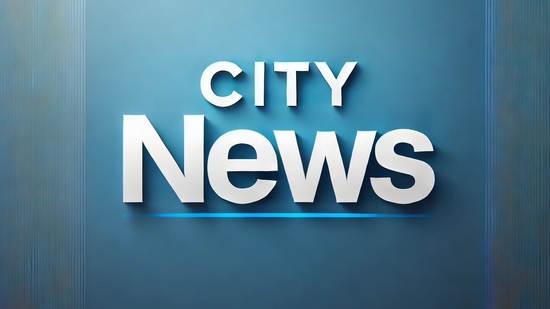Separate tkting apps for Metro lines perplex commuters
Citizens questioned the rationale behind not having a dedicated app for all metro lines which could make the travel experience significantly better
Mumbai: Though the much-anticipated aqua line of Mumbai Metro will be thrown open to the public on Monday, commuters will have to wait for at least a month before they can travel seamlessly between existing metro lines in the city. This is because functional metro corridors have different mobile apps which commuters need to use to book tickets for respective routes.

Citizens questioned the rationale behind not having a dedicated app for all metro lines which could make the travel experience significantly better. “Ideally, all metro lines should be operated under an umbrella organisation, which handles not only train operations but also ticketing. Having multiple mobile apps is tedious for commuters who would rather opt for paper tickets,” said Kurla resident Subhash Gupta.
Tickets for the first phase of Metro 3 can only be purchased using the ‘MetroConnect3’ mobile app, which was launched by prime minister Narendra Modi while inaugurating the corridor on Saturday. The boarding and destination stations need to be selected from a drop-down menu on the app’s homepage along with the date and type (single/ return) of journey. The source station can also be selected based on the phone location. The app has options to save trips and calculate the fare as well as a lost and found icon. At least six tourist locations close to the metro corridor are also listed on the app.
“Currently, the app is solely meant for users of Metro 3 route. We are working on aligning it with the National Common Mobility Card (NCMC) that will allow commuters to travel on other metro lines as well. But this will take at least a month or so,” said a source.
The National Common Mobility Card was introduced by the ministry of housing and urban affairs to provide a unified payment option for various modes of public transport. The card was launched for the metro network in the city by the MMRDA in partnership with the State Bank of India in December last year. The contactless smart card can presently be used to travel on Mumbai Metro’s blue (Metro 1), red (Metro 7), and yellow (Metro 2A) lines.
Meanwhile, tickets for the Metro 2A and Metro 7 corridors can be purchased separately via a mobile app called Metro 1, while the Versova-Andheri-Ghatkopar Metro 1 has a closed loop card, which is integrated with the NCMC and web-based applications such as Paytm and WhatsApp.
“In all likelihood, all metro lines in the city will be merged and operated by Maha Mumbai Metro Operation Corporation Limited. The operations of Metro 3 are also likely to be transferred to MMMOCL,” said a metro rail source.
Stay updated with all the Breaking News and Latest News from Mumbai. Click here for comprehensive coverage of top Cities including Bengaluru, Delhi, Hyderabad, and more across India along with Stay informed on the latest happenings in World News.
Stay updated with all the Breaking News and Latest News from Mumbai. Click here for comprehensive coverage of top Cities including Bengaluru, Delhi, Hyderabad, and more across India along with Stay informed on the latest happenings in World News.






